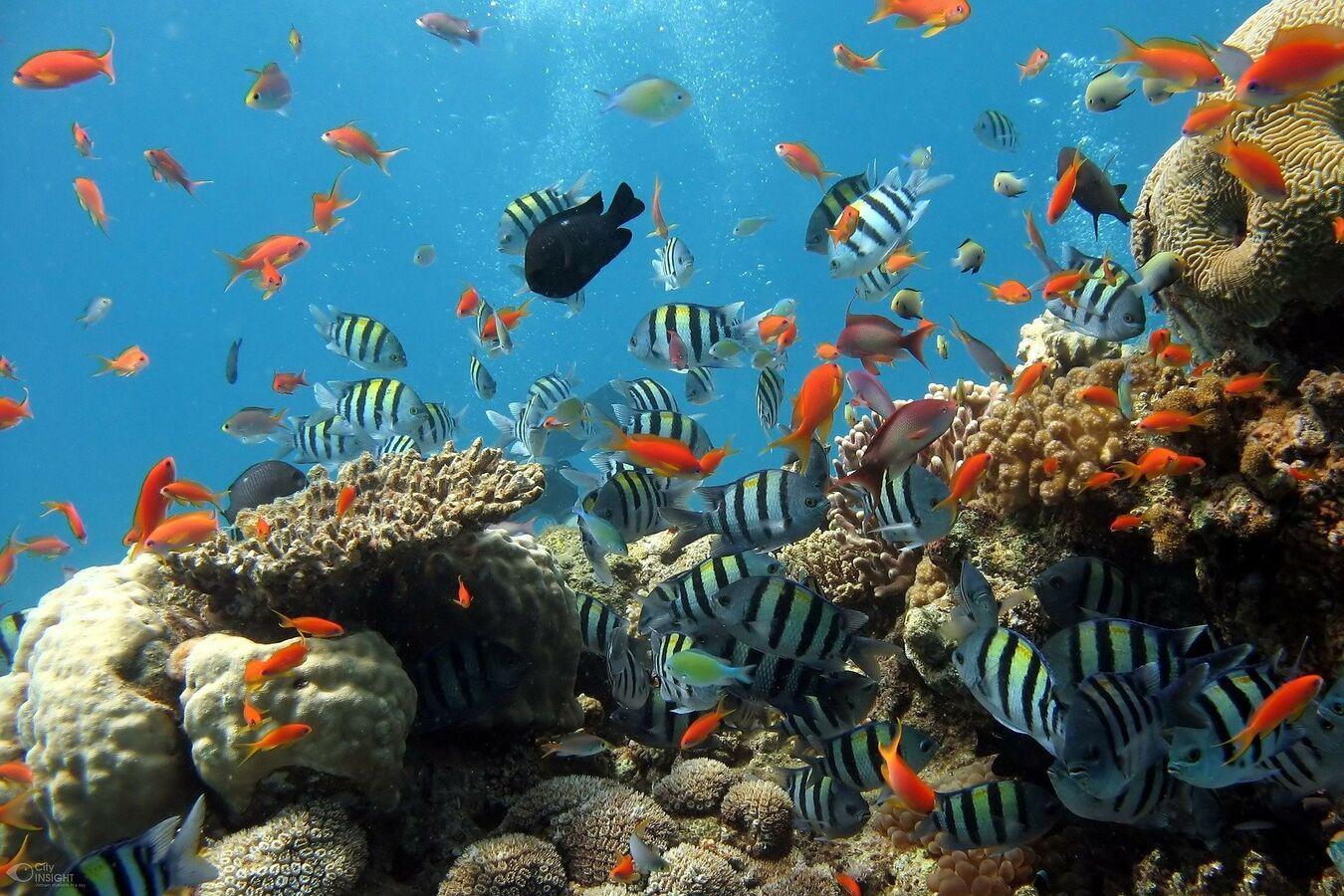Africa-Press – South-Africa. The destruction and die-off of coral reefs are hurting the environment, eliminating a crucial ecosystem that promotes biodiversity. Professionals have tried breeding corals in nurseries, cross-breeding to get more resistant species, and experimenting with adding microorganisms to corals with varying degrees of success.
As the oceans warm and absorb more carbon dioxide, the acidity of the water is increasing. Because of this, the natural growth process of coral polyps, in which they extract calcium carbonate from the water, slows down. Furthermore, the already built-up skeleton can start to dissolve.
Taryn Foster, head of Coral Maker, is trying to use the machinery she has inherited from her family’s masonry business to produce a limestone skeleton for the coral to grow on, but while that process is faster than it would be naturally, it is still a slow process.
In the natural environment, corals need between three and ten years to do this. With skeletons, this can be reduced to a year or a year and a half. However, all other conditions – light levels, salinity, water temperature, and current strength – must be carefully controlled, as corals are delicate and are “picky” about their environment.
After two successful tests, Foster now plans to reach about 1.7 million corals by creating 280,000 skeletons a year but to reach that scale, significant parts of the process will have to be automated. Foster is working with Autodesk AI in San Francisco to develop and train two robotic arms, one to cut coral fragments and glue them into plugs and another to attach them to the limestone skeletons.
The plan is to create more of these robots and spread the process across the globe, helping restore coral reefs worldwide.
“I think of this as a delivery or scaling mechanism for these other technologies that people are developing, like coral propagation,” says Foster. “Just at a much faster rate and on a bigger scale.”
For More News And Analysis About South-Africa Follow Africa-Press






